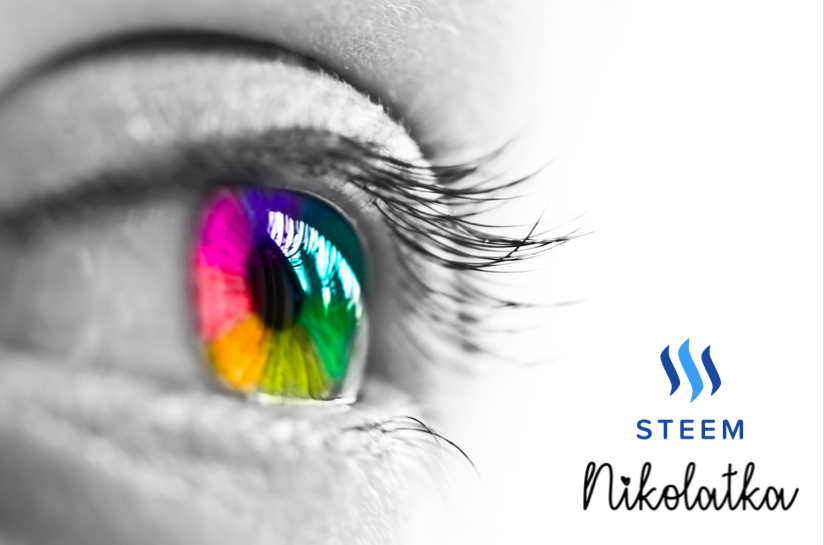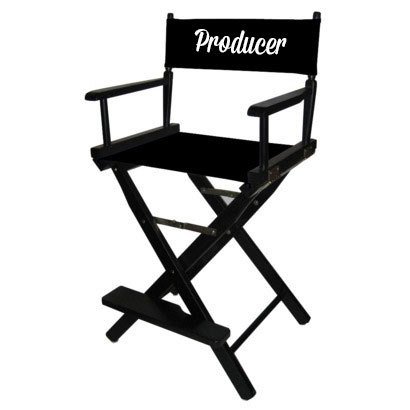VISUAL ANALYSIS - Study with Nikolatka #2
Welcome to lecture number two!

Today we are going to talk about how we analyse what we see, the visual analysis.
Let's dive into it!
Since not all social experience can be expressed verbally, visuals are therefore very important tool for us. Visuals can serve as the getaway from the text based academic study. Meetings, speeches and interviews are all visual as well as verbal
Visual images can have a "condensing" effect (expressing a complex range of ideas)
Materials for analysis
- Fine art (painting, sculpture etc.)
- Commercial art (graphic design, advertising, logos)
- Propaganda art (posters)
- Film, TV
- Fashion and adornment (clothes, tattoos)
- Typography (verbal text as visual artifact)
- Visual representations of reality (maps, diagrams)
- The optics of meetings = does it look good? Does it send the right message?
Auteur theory
Biographical factors that contribute to the text = we can then investigate and compare biographies
"Signature style" = a unique style of the auteur, the emphasis on the individuality of the work
Example could be how female directors make different films from males and see what are those differences

Strengths
- The uniqueness of an auteur's craft is given full recognition
- People are interested in the lives of artists, celebrities (motivation)
Weaknesses
- It ignores the role played by other contributors to a text
- Auteur theory is over-focused on the individual and notions of genius
- It ignores the role played by social/economic/contextual factors
- It ignores the audience
Semiotics
Semiotics is understood as meanings that come out of the text. Meaning generated by text not the auteur.
The text is autonomous of the auteur (it lives independently) - it is no longer the property of the creator - it is the consumer's property now.
Denotation and connotation / literal vs cultural meaning
for example colour RED could be linked to anger, blood but also love which is a very different connotation.Interpretation is individual = the meaning may be influenced by our background, culture, social circumstances
Signifier vs Signified

When a person says rose = what comes to your mind?
When a person brings you rose = what does that tell you?
There are different situations where the signifier has more signified
However, there are some problems related to the semiotic analysis
- It ignores the author's intentions
- It is hard to verify objectively
- It ignores the quality evaluation - it does not look at the quality of the picture it only takes into account the signifiers
Sociological analysis
How we see things is determined by our knowledge and our belief, and our social/economic status
According to Berger, men watch women while women watch themselves being watched by men.
A good visual analysis should combine all three
- Auteur
- Context = We need to know what is happening in the society at the time
- Text
The rhetorical situation
- Audience -who is being targeted?
- Context - background knowledge needed for understanding image
- Purpose - why was the image created
- Tone - auteur's attitude to subject
- Composition - how objects are arranged for meaning
- Text - typography
Assignment
Check out the video of Donald Trump's campaign video.
Focus on the signifiers and signified.
Comment under this post which signifiers and signified have you noticed in the video!
Example is the White House/Washington - which signifies power and politics. What else have you found?
Until the next time,
KISSES!

Congratulations @nikolatka! You received a personal award!
You can view your badges on your Steem Board and compare to others on the Steem Ranking
Vote for @Steemitboard as a witness to get one more award and increased upvotes!